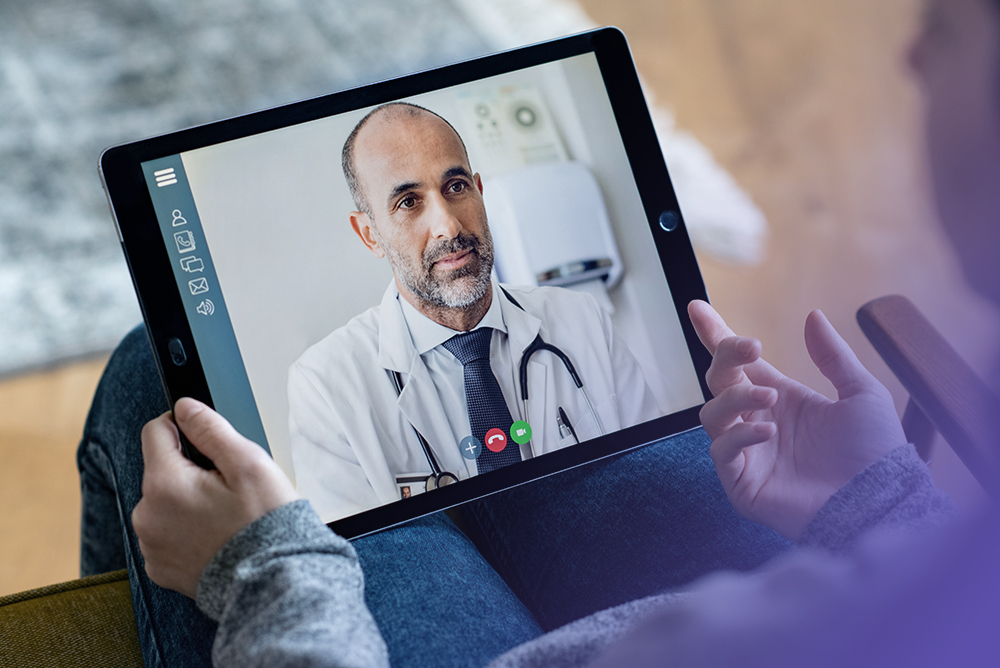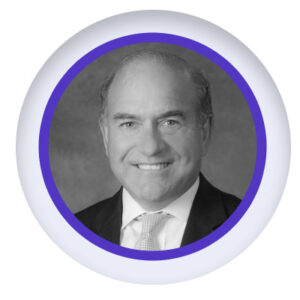In America, the State of Mental Health is Alarming
In 2019, just prior to the COVID-19 pandemic, 19.86% of adults experienced a mental illness, equivalent to nearly 50 million Americans. While quarantines imposed by the pandemic have had a lasting effect on people with diagnosed mental health conditions – including increased feelings of isolation and loneliness — they also bring about a new wave of depression, anxiety, and substance abuse disorders for people having no prior history of mental illness. Rates of substance use are increasing for youth and adults, even prior to the COVID-19 pandemic, with 7.74% of U.S. adults and 4.08% of youth having a substance use disorder in the past year. Suicidal ideation continues to increase among adults in the U.S., with 4.58% of adults reporting having serious thoughts of suicide. What is more disturbing is over half of adults with a mental illness do not receive treatment, totaling over 27 million adults in the U.S. who are going untreated. The percentage of adults with a mental illness who report an unmet need for treatment has increased every year since 2011. In 2019, 24.7% of adults with a mental illness reported an unmet need for treatment.
Recognizing the Key Benefits of Behavioral Telehealth
COVID exposed major care gaps in mental healthcare services as it became evident that there was an inadequate number of behavioral health practitioners amid the increased demand for services — leaving millions to fend for themselves. In the U.S., approximately 111 million people live in areas reported to have a “mental health professional shortage.” About half of the counties in the U.S. don’t provide access to even one psychiatrist.
The U.S. Department of Health and Human Services research predicts that there will be an increasing shortage of mental health care providers over the coming years and that shortages will become severe in multiple areas of services by 2025. Maximize Professional Availability: While telehealth services cannot be expected to resolve all treatment issues for all patients who need help with mental illness issues, increased use and adoption are testimony to its value. With the ability to provide care by telehealth appointment, healthcare professionals can more effectively maximize availability.
Read more in The Eden Magazine, page 100.
Written by Michael Gorton, MS, JD, is CEO, and founder of Recuro Health, and founding CEO and Chairman of Teladoc.
For more information about Recuro’s capabilities, contact [email protected]










